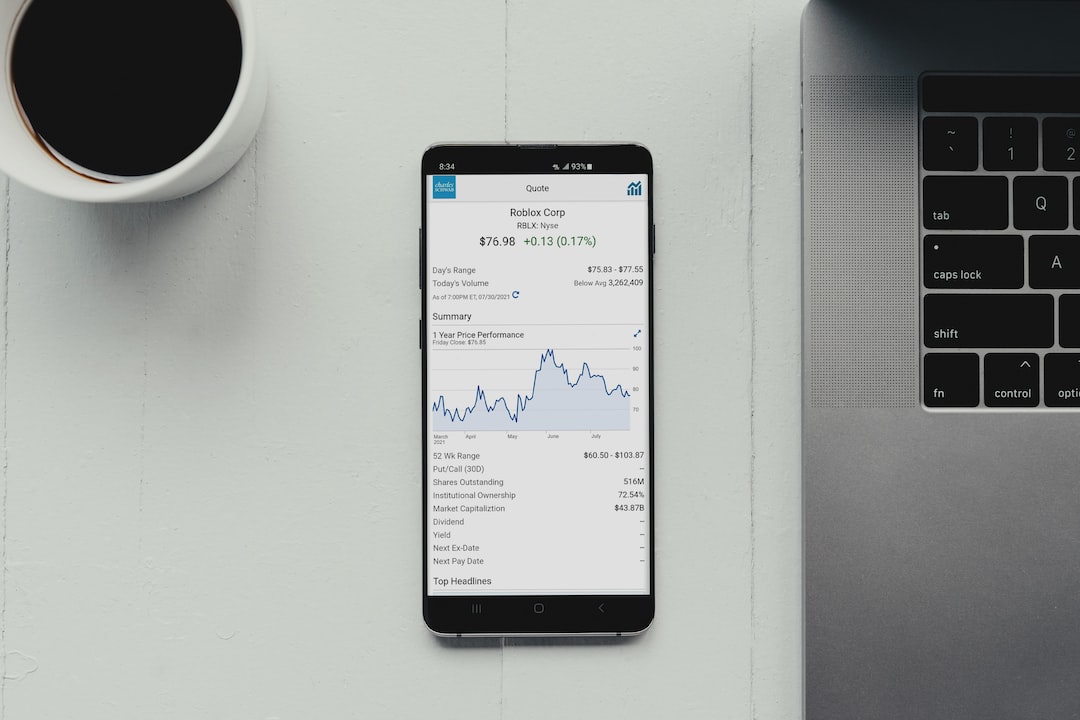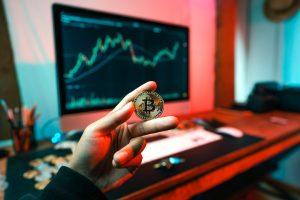Forex and futures trading are two of the most popular and lucrative investment options available to traders. These two markets are vast and offer a wide range of opportunities for traders to make profits. However, forex and futures trading are different in many ways, and it’s important to understand these differences before deciding which one is right for you.
Forex Trading
Forex trading, also known as foreign exchange trading, involves buying and selling currencies from around the world. The forex market is the largest financial market in the world, with an average daily trading volume of over $5 trillion. Forex trading involves trading currency pairs, such as the EUR/USD or USD/JPY, where one currency is exchanged for another at a particular exchange rate.
Forex trading is generally done through a broker or a financial institution. It’s a 24-hour market, which means that trading can occur at any time of the day or night. Forex traders can trade on their own or use automated trading software to make trades on their behalf.
One of the benefits of forex trading is the high liquidity of the market. This means that there is always a buyer or seller available for any currency pair, making it easy to enter or exit a trade at any time. Forex trading also offers high leverage, which allows traders to control larger positions with smaller amounts of capital.
However, forex trading also involves a high degree of risk. Traders can lose their entire investment if they make the wrong trade or if the market moves against them. It’s important for traders to have a solid understanding of the market and to use risk management strategies to minimize potential losses.
Futures Trading
Futures trading involves buying and selling futures contracts for various commodities, such as oil, gold, and wheat. A futures contract is an agreement to buy or sell a particular commodity at a specific price and date in the future. Futures trading is done on exchanges, such as the Chicago Mercantile Exchange (CME), where traders can buy or sell contracts for different commodities.
Futures trading is popular among traders who want to profit from changes in the price of commodities. For example, if a trader believes that the price of oil will increase in the future, they can buy a futures contract for oil at a lower price and sell it at a higher price when the price of oil increases.
Futures trading also offers high leverage, which allows traders to control larger positions with smaller amounts of capital. However, futures trading also involves a high degree of risk. Traders can lose their entire investment if the market moves against them or if they make the wrong trade.
One of the benefits of futures trading is the transparency of the market. The prices of futures contracts are publicly available and are determined by supply and demand. This makes it easier for traders to make informed decisions about when to buy or sell contracts.
Forex vs. Futures Trading
Forex and futures trading are different in many ways. Forex trading involves buying and selling currencies, while futures trading involves buying and selling contracts for commodities. Forex trading is a 24-hour market, while futures trading is done on exchanges during specific trading hours.
Both markets offer high leverage, which allows traders to control larger positions with smaller amounts of capital. However, both markets also involve a high degree of risk, and traders can lose their entire investment if they make the wrong trade.
One of the main differences between forex and futures trading is the liquidity of the market. The forex market is the largest financial market in the world and offers high liquidity, which means that there is always a buyer or seller available for any currency pair. Futures trading, on the other hand, is less liquid and can be more difficult to enter or exit trades.
Another difference between forex and futures trading is the transparency of the market. The prices of futures contracts are publicly available and are determined by supply and demand. This makes it easier for traders to make informed decisions about when to buy or sell contracts. The forex market, on the other hand, is not as transparent, and traders may need to rely on technical analysis or news events to make trading decisions.
In conclusion, both forex and futures trading offer opportunities for traders to make profits. However, they are different in many ways, and it’s important for traders to understand these differences before deciding which one is right for them. Traders should also be aware of the risks involved in both markets and use risk management strategies to minimize potential losses.





